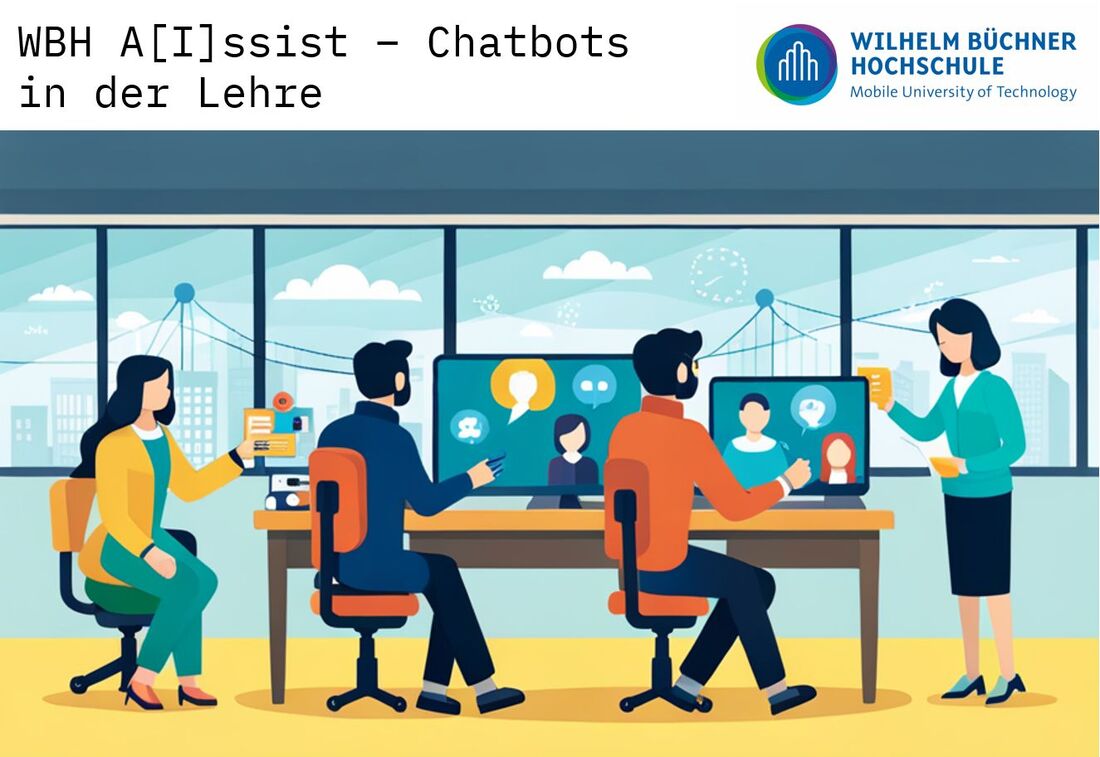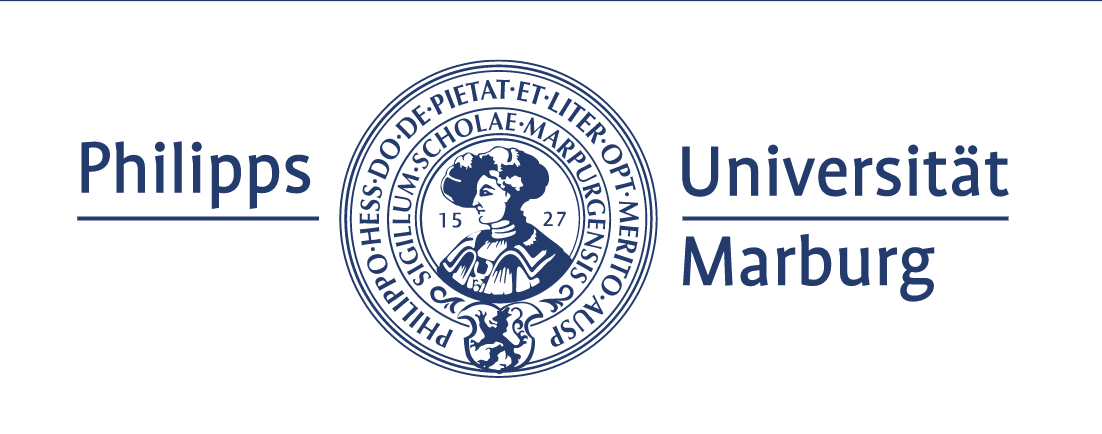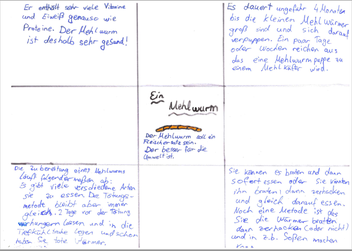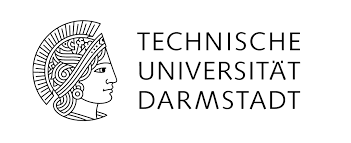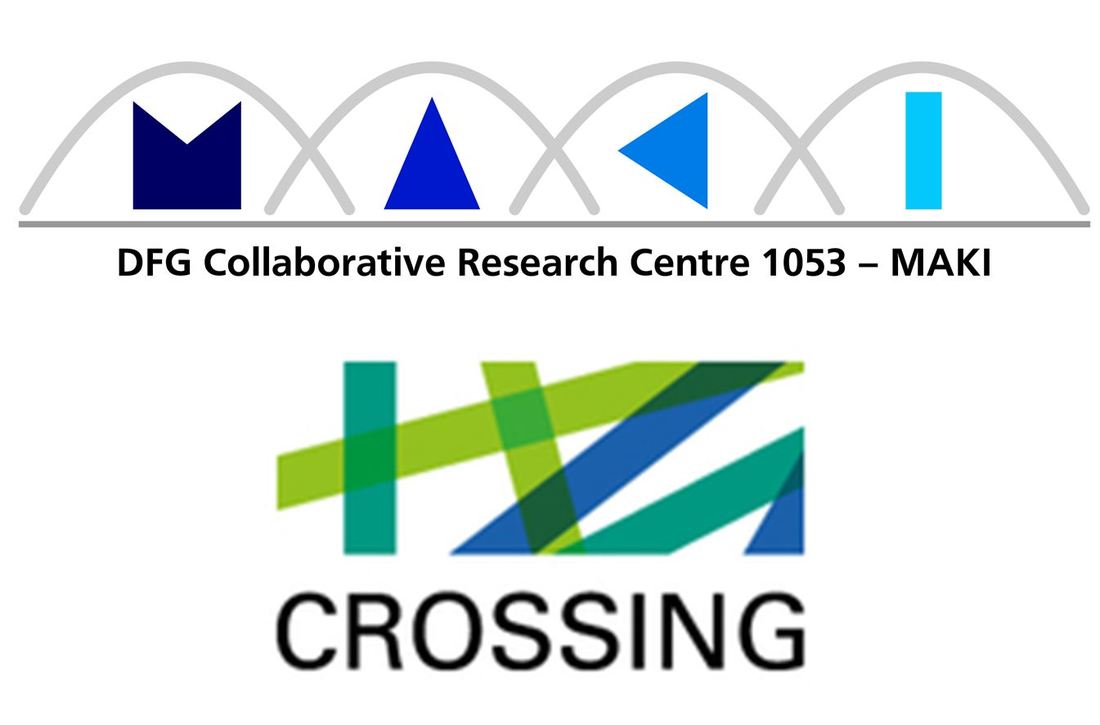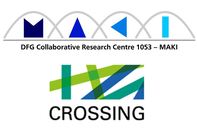"A goal without a plan is just a wish." (Antoine de Saint-Exupéry)
WBH A[I]ssist
|
AI applications such as ChatGPT, Bard, or LLaMA are currently gaining a lot of attention and, in our view, offer enormous potential for the field of education, alongside some challenges. Possible scenarios range from complementing and preparing existing learning material to providing individualized support for exam preparation and academic writing. The Wilhelm Büchner Hochschule will now evaluate one of these potentials in a new pilot project: WBH A[I]ssist.
The project aims to test the capabilities of the AI system as a personal tutor and learning companion. Chatbots will be trained with learning materials from the distance learning programs of the university and integrated into the online campus of WBH. This will result in an AI-supported learning assistant for each module that can provide valid and content-related answers to students' questions and provide references to further texts and information. The system will also be able to generate additional formats such as flashcards, quizzes, and exam preparations. In addition to the usual personal support from our subject tutors and lecturers, students will receive an even better and more individualized preparation for exams. The project is accompanied by the departments of "Computer Science" and "Engineering and Technology Management" of the WBH, and supported by Prof. Dr. Zeynep Tuncer, Prof. Dr. Jürgen Otten, Prof. Dr. Helge F. R. Nuhn, Prof. Dr. Rainer Elsland, Ramona Sußbauer, Svenja Schmidt, Marlon Kress, and Philipp Höllermann, among others. |
Past (Funded) Projects
The digital transformation of teaching
|
Entwicklung eines digitalen Beratungsmoduls für chronische Rückenschmerzen
|
Forschungscluster Lebenslanges und selbstgesteuertes Lernen (LSL)
|
Actor-Actor Interaction within a Systems Engineering Process - An Actor Centered Approach to Problem Solving.
|
Entomophagy – Smart Insect Farming
(Project starts in 2022/01 - 2022/05)
Use of insects as foodstuff for humans (more precise: anthropo-entomophagy) or as a feedstuff for animals. While human insect-eating is often a taboo in Northern countries, it is a common phenomenon in many parts of the world. The use of insects as an alternate source of protein is not new and insects are/were regularly eaten by humans (in the past also in Europe). Several studies show, that the consumption of insects contributes positively to the environment and to health and livelihoods. However, a global “nutrition transition” is taking place in the last decades, exporting the non-sustainable (and non-healthy) meat-based Western diet to other parts of the world.
|
Collaborative Research Centre 1053 MAKI – Multi-Mechanisms Adaptation for the Future Internet, approved from the German Research Foundation (DFG)
|
M |
|
.
|
SINNODIUM – Softwareinnovationen für das digitale Unternehmen
|
a |
|
a |
EMERGENT – Grundlagen Emergenter Software
|
Program Committees
2022
|
2021
|

